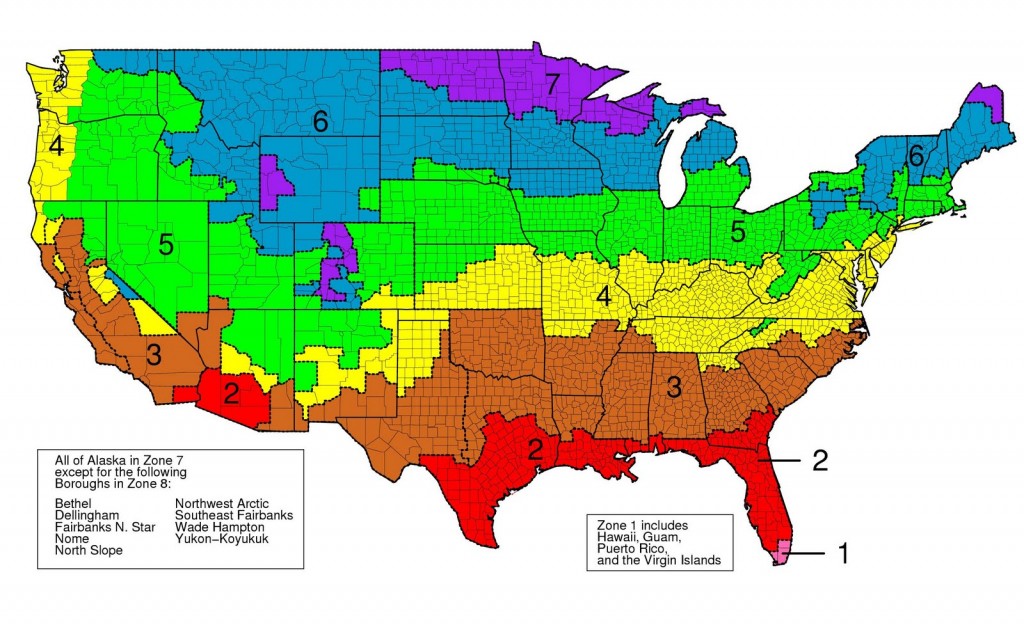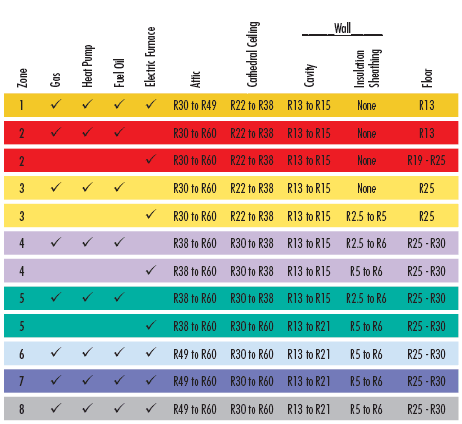An R-value of R20 in spray foam will provide substantially better insulation and energy efficiency then even an R40 in batt insulation.
Benefits of Foam Insulation
Foam Insulation has an R-value of approximately 6.0 per 1 inch thickness, enabling it to provide more thermal resistance with less material than any other type of commercial insulation material.
- Spray foam insulation saves on energy costs and lowers utility bills. Studies by the US Department of Energy show that 40% of a home’s energy is lost as the result of air infiltration through walls, windows and doorways. Buildings treated with spray foam insulation typically insulate as much as 50% better than traditional insulation products.
- Insulation that is sprayed in buildings protects against moisture, which provides the benefit of reducing the chance of harmful mold and mildew. Eliminating mold growth reduces the likelihood of rotting wood in a home, and allergic reactions to mold spores.
- In addition to building temperature and moisture control, spray foam insulation is often used to reduce noise. Foam insulation serves as a barrier to airborne sounds, and reduces airborne sound transfer through a building’s roof, floor and walls.
- Spray foam insulations are considered “green” products due to their ability to stop a tremendous amount of energy waste by sealing out air leaks.










